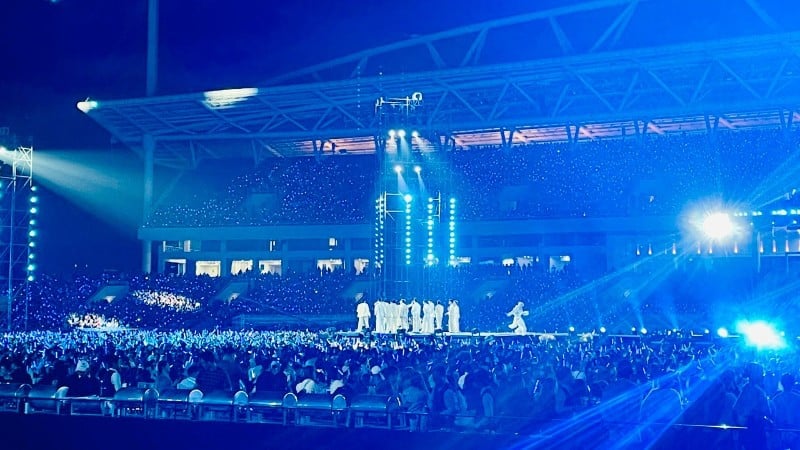
Awaken the endless cultural treasure
Sharing at the online seminar "Cultural industry - The path to open the endless treasure of Vietnamese creativity" held on October 1, Dr. Nguyen Thu Hanh, President of the Association of Science for Sustainable Tourism Development (STDe) and Director of the Vietnam Center for Cultural Industry Development Research (SDCI), said: Vietnam is fortunate to possess an endless treasure of culture. That is the diversity of 54 ethnic groups, a treasure trove of folk literature, music , art, festivals; tangible and intangible cultural heritages honored by UNESCO such as: Hue royal court music, Ca Tru, Central Highlands Gong Cultural Space, Thai Xoe Art... Those are also symbols that are deeply ingrained in the subconscious such as: conical hat, ao dai, bowl of pho, cup of coffee...
If we know how to think creatively to multiply the value chain, link industries, organize production, know how to apply technology, and market with creative strategies, we can completely turn Vietnamese identity into products and services with high economic value, with the ability to compete and spread globally. And the cultural industry is the bridge connecting cultural treasures with the knowledge economy and international integration.
“The seminar “Cultural Industry - The Way to Open the Endless Treasure of Vietnamese Creativity” organized by SDCI (under STDe) is the first step to join hands to find a way to open that treasure, so that Vietnam is not only known as a resilient S-shaped strip of land, but also a creative powerhouse, a cultural highlight on the global map”, Dr. Nguyen Thu Hanh emphasized.
Discussing at the seminar, many experts agreed that Vietnam's cultural treasures will only truly shine when they are awakened, preserved and invested in properly, so that each Vietnamese cultural product is not only a source of pride, but also a mark of the Vietnamese brand. However, to do that, it is necessary to face and overcome many difficulties and challenges.

According to Professor, Doctor, People's Teacher Tran Tho Dat, former Principal of the National Economics University, the strategy for developing Vietnam's cultural industries has been established but many policies have not yet been legalized. The issue of intellectual property rights protection is still weak, causing risks for businesses and reducing creative motivation. The quality of creative human resources in our country is not guaranteed, the young workforce is abundant but lacks skills in digital content design, creative marketing, and training is not linked to business and market needs.
“In addition, there are difficulties in capital and financial mechanisms: Creative products are difficult to value, intellectual property is not recognized as collateral, there is a lack of tax incentives, loans and investment funds for culture. Meanwhile, the domestic market is small and lacks value chain linkages: from creation, production to distribution, promotion is not synchronized, digital technology is not effectively utilized, so it is inferior in international competition,” said Mr. Tran Tho Dat.
Sharing more about the challenges in developing Vietnam's cultural industry, Mr. Truong Minh Tien, Chairman of the UNESCO Association of Hanoi City, said that awareness of the importance of developing cultural industry at all levels, sectors, localities and residents is not uniform, only a few provinces and cities have achieved clear results such as: Hanoi; Ho Chi Minh City; Da Nang; Ninh Binh...
In addition, there is a lack of a complete legal framework and synchronous mechanisms and policies to develop cultural industries. For example: preferential land policies (land fund planning, land rent and lease term...); financial policies (credit incentives, cultural industry creation support fund)...
These are the "bottlenecks" that need to be cleared so that Vietnam's cultural industry can make further strides on the global creative economic map.
Creating development momentum
Contributing solutions to help the cultural industry develop quickly and sustainably, Dr. Do Dinh Duc, former Principal of Hanoi University of Architecture, suggested that first of all, it is necessary to raise social awareness and create a deep understanding for the community, managers, artists, and businesses about the content of the cultural industry.
In addition, it is necessary to perfect the legal framework, such as promulgating the Law on Cultural Industry to have a clear and synchronous legal mechanism; creating a favorable environment for high-quality cultural products to be created and reach the public at home and abroad; investing in the construction of large performance and exhibition centers; applying advanced technology in creating cultural industrial products; creating a mechanism to encourage investors to boldly invest in the cultural industry...

Affirming the decisive role of creative human resources in the development of cultural industries, Dr. Le Minh Khue, Deputy Director of the Vietnam Center for Cultural Industry Development Research, suggested that it is necessary to develop a national strategy for developing human resources for the cultural industry, establish a network of cultural industry training centers; at the same time, promote international cooperation, develop a creative ecosystem; invest in foreign language and digital skills training, have a mechanism for assessing and recognizing creative skills, thereby creating human resources with both deep expertise and understanding of the cultural industry market.
In order for Vietnam's cultural industry to truly become an important economic sector in the 2025-2035 period, Professor, Doctor, People's Teacher Tran Tho Dat proposed four priority solutions, including: Perfecting institutions, promptly promulgating the Law on Cultural Industry and a specific financial mechanism; Making breakthroughs in training and developing creative human resources associated with business needs; Forming cultural industry centers, creative spaces, associated with tourism and national brands; Strongly promoting digital transformation and applying 4.0 technology to expand the global market.
Also at the seminar, the Center for Research and Development of Vietnam's Cultural Industry and the Faculty of Architecture and Planning, Hanoi University of Civil Engineering signed a memorandum of understanding on cooperation in the fields of scientific research, human resource training and consulting, transferring solutions for developing Vietnam's cultural industry in the period 2025-2035, to promote the rapid, strong and sustainable development of the cultural industry in Vietnam.
Source: https://nhandan.vn/tiep-suc-cho-cong-nghiep-van-hoa-viet-nam-post912128.html


![[Photo] Binh Trieu 1 Bridge has been completed, raised by 1.1m, and will open to traffic at the end of November.](https://vphoto.vietnam.vn/thumb/1200x675/vietnam/resource/IMAGE/2025/10/2/a6549e2a3b5848a1ba76a1ded6141fae)






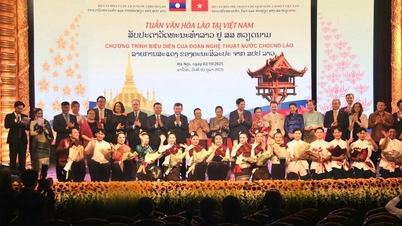

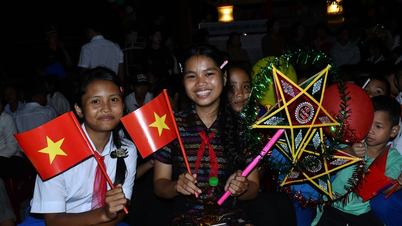

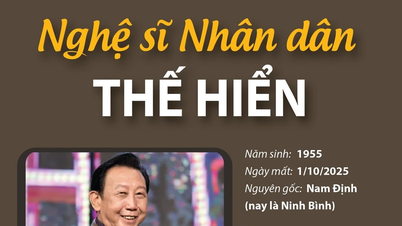








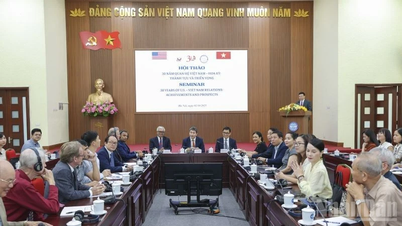
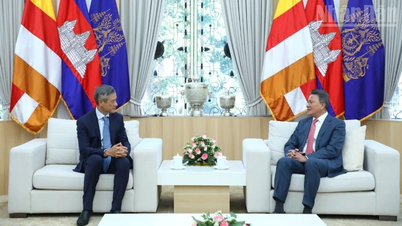
![[Video] Improving the efficiency of state budget management and operation in the last months of the year](https://vphoto.vietnam.vn/thumb/402x226/vietnam/resource/IMAGE/2025/10/2/3e9f9151f35949f5ac5df32d01c56261)
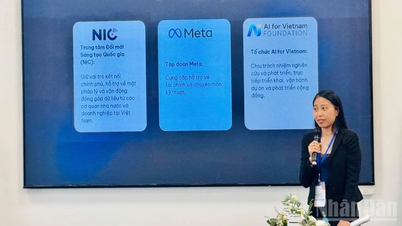
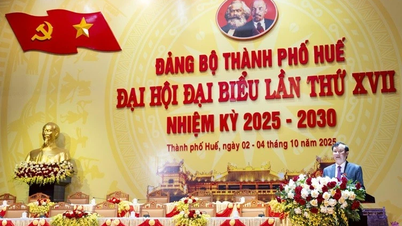
![[Video] Ministry of Health issues document to rectify medical examination and treatment work](https://vphoto.vietnam.vn/thumb/402x226/vietnam/resource/IMAGE/2025/10/2/54913f30a9934e18bcbb246c2c85f11d)















































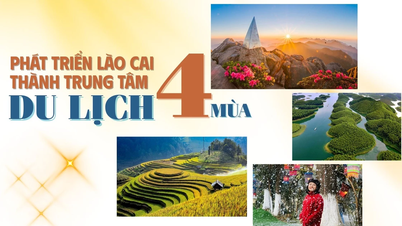

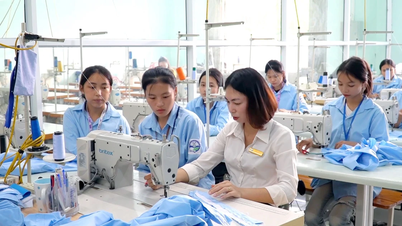
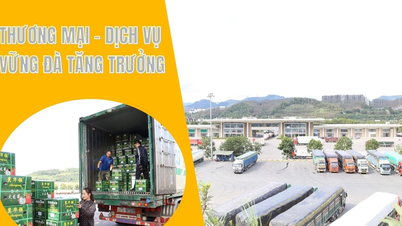
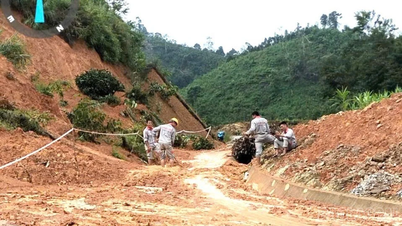
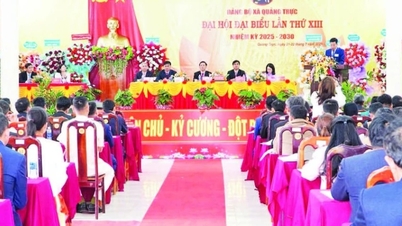

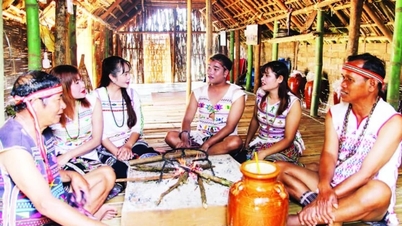













Comment (0)